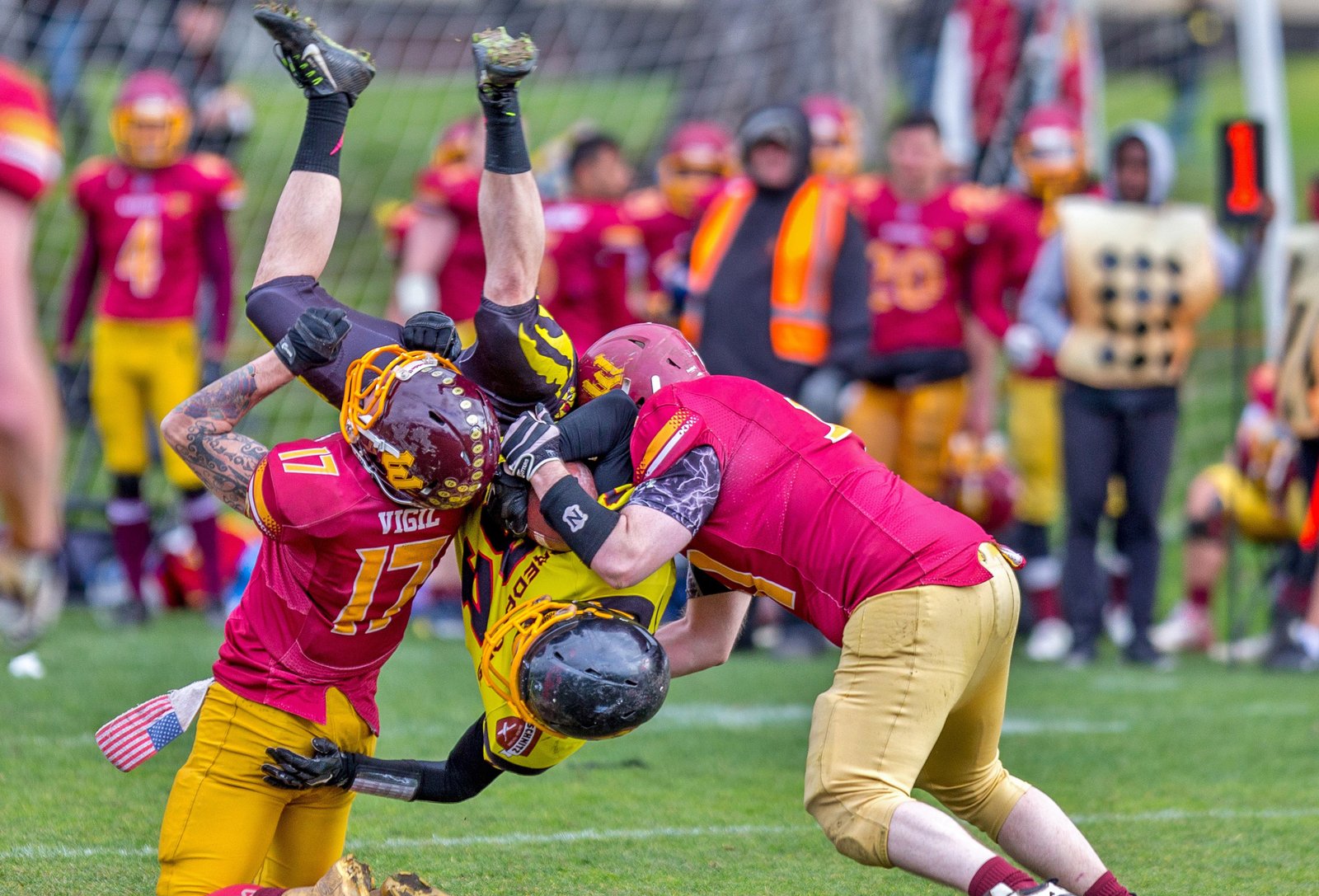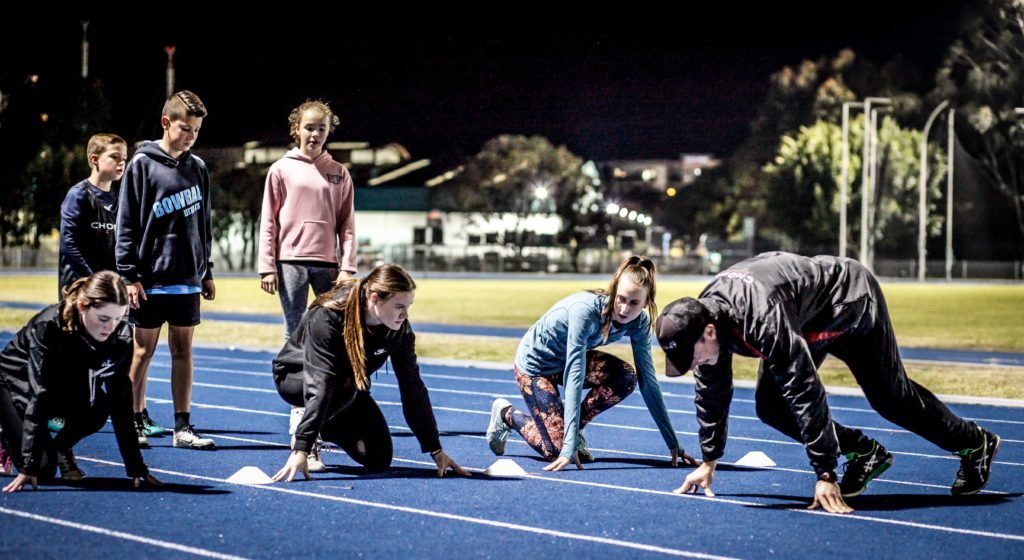Sports
Our mission is to help companies successfully implement
VR & AR hardware solutions.
How VR is changing training in sport?
XR is already proving to be well-capable of creating more skilled workforces. Virtual Reality is being adopted within sport to enhance performance, recovery and mental resilience. Technical, tactical, physical and psychological: four pillars that define athletes. Attributes within these are what differentiate the world class to the B class. technological training solution enhance attributes that fall under these pillars?
Physical training & rehabilitation.
In both sports, injuries rules are lot stricter. It is at most important to monitor the health conditions, pysical condition before going into the match. Therefore use of VR technlogies give insides of the players and measurements, timelines, trainings forthere fitness and cookest recovery


Technical Training
In areas where data is much easier to capture and sports where motions are a little more basic, virtual reality is already making a big difference. Skiing is a perfect example of this.
Top level athletes are already embracing immersive skiing simulators. Not only addressing the obvious issue of being unable to ski on snow for three quarters of the year, such platforms also capture lateral movement and acceleration accurately across different courses - perfect for the pro skier to practice ahead of upcoming tournaments.
Tactical Training
Use of virtual reality in tactical training by some of the largest sporting organisations in the world are using VR to increase tactical awareness amongst their athletes.
Concrete evidence of tactical VR use can be seen in Formula 1. Virtual reality, paired with ultra-realistic track simulations and purpose-built, haptic-enabled cockpits, provides drivers with a likelike opportunity to acclimatise to even the most challenging of tracks, allowing them to practice everything from entire races to specific corners and chicanes, offering similar benefit to the technical benefits outlined above.

Psychological Training
Perhaps the most exciting potential use of immersive training in sport concerns improved decision-making, knowledge and mental strength. Though advances in data and tracking may not have matched the required rate, football clubs are still adopting virtual reality as a training tool. Indeed, former World Cup winners Germany moved to partner a developer to bring XR training to players throughout their system - ranging from youths to senior pros.